Charles Pakana (Victorian Aboriginal News):
And we’re joined today by the two Co-chairs of the First Peoples’ Assembly of Victoria, Wamba Wamba, Yorta Yorta, Dhudhuroa and Dja Dja Wurrung woman Ngarra Murray and Gunditjmara man Rueben Berg, who is of course no stranger at all to Victorian Aboriginal News. Co-chairs, thanks so much indeed for sharing the time and coming onto the program.
Rueben Berg (FPAV):
Thanks for having us.
Charles:
We’ll start with you, Ngarra. Now that the referendum is over, and we’re not talking about that, one of the things that really came out was there was a lot of negative media, a lot of misinformation and disinformation. What sort of concern does that give rise to within the Assembly, given that in 2024 we’re going to be working towards a statewide Treaty in Victoria? And definitely, some of the less reputable members of the conservative media may see that as an opportunity to start more, well, interesting stories and interesting narrative.
Ngarra Murray (FPAV):
I think for us, one thing that was sure before and even after the referendum was that we’re on a really strong path to Treaty. I think there’s a lot of misinformation and confusion around the ask for the referendum, but obviously it became a lot bigger than what was proposed and more about the narrative of this country and everybody having a position on First Nations people. So from my perspective, I feel that throughout that debate, which was obviously quite brutal, but for the first time in this country, a lot of Australians felt how we feel every day of our lives because of the results, you know. So for me to see that across the communities because we had such an overwhelming amount of support from Australians that did vote yes and are supportive of the process that we’re in here in Victoria. It’s been quite bruising obviously.
Charles:
But it does bode well for the future work with Treaty. Given that, OK, we didn’t even get the 50% here in Victoria, at least we got the highest number of yes votes and there was a great deal of positive response to events at which I spoke, Rueben spoke and many others spoke. Do you think it does bode well for the Treaty movement going forward in 2024?
Ngarra:
I think so. And I think it’s important that we have a really strong message and be really clear in our purpose of what we’re trying to achieve here in Victoria. And I think we’re really on the forefront of Treaties and truth telling. So for me, I feel that we have that support there. We’ve worked really hard with the different parties to have bipartisanship support on the foundational pieces for Treaties, so I think that we’re in a really good position, but it’s really important that we have really strong messaging and it’s very clear as to what is in a Treaty, what does a Treaty mean for all Victorians, What does it mean for our people? So there’s obviously different messages that we have in regards to the different groups that we, we engage with. But I think that as long as that’s clear for everyone to understand. We’re on that pathway now and we will do a statewide Treaty next year and we’ve built those foundational pieces to make sure we’ve got that strong base. So I’m quite confident that there’s still a bit more work to do around engaging the mainstream, but quite confident that you know we have those foundations and that’s given us a really strong base to be able to step up and do Treaties with the state not only just next year but into the future with the statewide Treaty and local Traditional Owner Treaty.
Charles:
Well, that does bring up of course a relationship with the state opposition. And I know that you’ve both met with the leaders of the various political parties and factions prior to the referendum. Rueben, do you have any concerns at all and how would you address them about maybe a lack of support or maybe not as much support from the opposition in Victoria now towards a statewide Treaty?
Rueben:
Yes, obviously, the first term of the Assembly, we did have really strong bipartisan support that was demonstrated through the passing of the Treaty Authority legislation that there was a clear example of the strong support we had. And we don’t take for granted that there’s always going to be that support like it’s not a given. We can just assume, especially given the climate of where things are at, but I’ve got confidence that when we can continue to have those conversations and when all sides of politics see the broad benefits through treaty, not just for First Peoples, not just for Traditional Owners but for all Victorians, then I think we’ll be able to bring them on that journey and get that support. But it’s not somewhere we can just take for granted. We need to make sure we are having those conversations. But I have confidence that we can get in a good space.
Charles:
Now, Dan Andrews was always a great supporter of the Treaty movement and he was actually instrumental in ensuring that we had the Victorian Treaty Advancement Commission and subsequently of course the First Peoples’ Assembly of Victoria. With the transition though the sudden movement from him to a less stressful life and Jacinta Allan coming into that main chair now, she has said that she is fully supportive of the work that’s been done here. Has there been any change or faltering of step in that transition in political leaders?
Rueben:
We’ve seen no change in any way, shape or form. We’ve got the chance to have personal conversations with Jacinta Allan and she’s reinforced the commitment the Government has to Treaty making. And so from my perspective, there’s been no cause for alarm whatsoever.
Charles:
And what about the change in the minister? Because we’re now back to Natalie Hutchins, who was, of course the minister at the time when all this was happening. So at least there’s that consistent leadership, would you say, in having Natalie come back and to take that role?
Ngarra:
Yeah, I believe so. And I think she’s got that historical context being instrumental in the process in the really beginnings of Treaty when we had those conversations way back in 2016. You know it’s been a journey we’ve all been on for quite some time. So I think she’s like kind of done a full circle, but obviously it was you know really involved in the early days and you know passing the treaty laws and in many different ways has contributed immensely across the Treaty journey from the state side.
Charles:
So 2024, huge year, something to which the Assembly has been working for the past four years since it was elected in what, 2019? We can’t just be expecting a single Treaty to be up there and that’s in place. And the Assembly has always said that whatever Treaty goes in, whether it’s going to be a Traditional Owner one or a statewide Treaty, they’re going to be dynamic, evolving living documents. Are there key focus points that the Assembly is looking at right now as priority for the statewide Treaty?
Rueben:
Yeah, absolutely. And one of the things that is so critical to the discussion around statewide Treaty is the Treaty Authority. So, they’re going to need to be up and running and they’re hopeful that they’re going to be appointed by the end of this month that we’re in now, end of November. And then they’re going to need some time to establish what that Treaty Authority looks like to actually fulfil their functions of an independent umpire overseeing Treaty negotiations. But that will hopefully mean that early next year there’s an opportunity where the Assembly having demonstrated we are the right group to negotiate Treaty and the state also having demonstrated that the right group can sit down and start negotiations. And our strong focus at the moment and something we’re continuing to have conversations with community about is getting commitment from the state through interim agreements that there will be a statewide body that will be a decision-making body. That First People’s decisions can be transferred over to us so that we can be the ones making decisions.
Charles:
So, we’re not looking right now at components of the Treaty. We’re still looking at the infrastructure of the model that is the Treaty Authority and ensuring that the Assembly is the appropriate body to negotiate the statewide treaty is that right.
Rueben:
No, no. So a Treaty outcome would be the recognition that the Assembly will be a decision making body that can actually hold decision making powers. And alongside that would also be accountability powers to actually hold the state to account for the commitments they’ve given and the outcomes they’re supposed to deliver and also a capacity to give advice directly to government about the things that affect us. So there’s kind of a three tiered approach within that about what we’re aspiring to the commitment and agreement that there will be such a body. And then there’s going to be work to do to understand exactly what the nature of that and what that looks like. But we have confidence that we can pursue that sort of an agreement whereby First Peoples actually have self-determination. When we take control, it’s not the government making decisions about us. An elected group of First Peoples makes the decisions or they’re delegated to the appropriate group to make those decisions as well.
Charles:
Now the Treaty Authority, this is something that was embedded within the legislation in 2019, one of the key requirements of the Assembly or the Aboriginal Representative Body as it was known back in the legislation. When do we actually expect that? You’ve mentioned that you’re looking to announce it at the end of the month, which is really great. Now that’s been a fairly lengthy process and with referendum no doubt throwing it’s little kibosh in there as well. But once it’s up and going, how long do you expect it would actually be before they are fully conversant, and they’ve got their structures in place and it can be a functioning body. Ngarra, what are your thoughts on that?
Ngarra:
Yeah. So we’re really excited about soon the Treaty Authority will exist. So obviously the announcement will come as Rueben said towards the end of this month, you’d expect that they’d need a few months to establish their base and to organise their staff and to build their foundation. So looking at early next year that they’d be established and well on the way for us to look at how we meet the minimum standards and to go on to the register. So I’d say from my perspective, you know the first quarter or half of the year. We’d expect that to be in place.
Charles:
Nagara staying with you. What were some of the challenges that you had in determining or getting through all those list of names of people who’d put themselves forward to be on the Authority?
Ngarra:
Yeah. So this was a separate process to the assembly. So it was an independent process where the state and the assembly appointed a Treaty Authority, independent panel. So there were five members of that panel that oversee in the process.
Charles:
And so you had nothing to do with it.
Ngarra:
No, nothing to do with it. And the panel was made-up of five amazing people, Eddie Cubillo, Karinda Taylor, Marcus Clarke, Aunty Vicki Clark and Richard Wynne. So the State and the Assembly had to pick each and there were three panel members that we agreed to. So the composition of five that led that whole process. So it’s been totally independent to the Assembly and the State and we’re looking forward. Just seeing that being finalised over the next few weeks, but I’d say it would have been a challenging task because of all the amazing people that would have applied and the calibre that was required for a Treaty Authority. So we’re excited to see where it lands and for it to, you know, evolve as it will over the coming months.
Charles:
It’s going to be a fairly tough gig, especially when it comes to the number of Treaties that potentially could be put forward to the State Government for negotiation. We’ve got 11 Registered Aboriginal Parties now and we are talking, I believe, about others being given the seats on the table here at the Assembly. And we’ll talk about that at a later interview because that’s a massive subject and I know something you’ve been involved in personally in Ngarra over the years.
What about challenges? What are the key challenges that you see other than what we’ve spoken about now and setting up that first Treaty going to 2024? What keeps you awake at night? What could possibly go wrong? Rueben, you’ve got the biggest smile right now, so we’re going to go with you.
Rueben:
I think at a very high level there’s not too much that concerns me, to be honest. It’s as you go down to the kind of next tiers of detail that there could be some stumbling blocks. And one of those is that at a very high level the conversations we’re having with government are very positive about their understanding of what Treaty can achieve and how to go about that. But I think when you go down to the next levels within government of departments and public servants, they can sometimes be a bit less of a clear understanding about what Treaty is all about and less full-hearted endorsement of the self-determination process. So that’s where there could be some complexities whereby. You know, there’s an agreement at a very high level about how things will function, but there could be some complexities as we try and navigate that through different elements of the public service. And that’s partly going to be the state’s responsibility to get themselves in order. And the other aspect is that in order for us to get Treaty outcomes, we need to make sure that we can demonstrate we’ve got the collective support of the first People’s community here in Victoria. And that’s something we don’t take for granted. That takes a lot of work and a lot of effort to make sure that Traditional Owners here in Victoria, that First People who are not Victorian Traditional Owners, that the Aboriginal community, controlled organisations, Stolen Generation members, that all those parts of our community that all have an important say in these processes feel that they’ve had a chance to input into this. We don’t think everyone is going to necessarily agree with the exact outcome we’re going to get to, but we want to make sure there’s been an opportunity for their input to be heard and to be considered and that they can see what it is we’re trying to achieve and that we’ve got general consensus on where we’re trying to get to.
Charles:
But communication though, has always been a problem. There has always been a bugbear and it’s always been almost a point of contention between the community and the First Peoples’ Assembly and look prior to that, The Victorian Treaty Advancement Commission, what lessons have you learnt and planned to implement? And Ngarra this one’s for you in ongoing communications with community, given that really whatever you do, however much money, how many resources you throw out of this, you’re going to get a kick from community because you won’t have done something right. What have you learnt? What do you intend to do differently?
Ngarra:
Well, yeah, we’re trying to build that collective support, but also build consensus amongst communities and as Rueben said, it means everybody that lives in our community, so all Aboriginal and Torres Strait Islander people that live here and we’ve got a really strong engagement team in the Assembly that we’ve built to get out to all the different regions, to get out to community on the ground and have those conversations. It’s challenging because everybody has different knowledge. So how do we ensure that everybody feels informed and that they feel ownership of the process too. That’s been a challenge to have those conversations with community to say this is our Assembly. You know, we represent the people, so I think there’s a lot more we need to do to get back out to community. Now that the referendum’s kind of quietened down. That’s been a huge distraction for us. So to get back out on the Treaty circuit and have those conversations with communities, because I feel sometimes we’re literally collecting people one by one. It’s like how we’re adding to our voters 1 by 1. So it’s getting out there and having those conversations. So for me, one of the strategies I have, it’s about time and energy and where you put it and it’s at our pace as well because we can move really fast as we’ve seen over the first term and through a global pandemic as well. But it’s at our pace that we need to go and on our terms. So I think getting out and that’s where I think in my role as Co-chair to be a bit of a steward and to get out and centre myself in the community to have those conversations and get up to regions where. You know, they’re not necessarily getting all the information if it’s out up in Swan Hill or it’s in different parts of the regional areas. So getting out to community in those regions up along the border to make sure that they’re informed and how they’re represented and they’re aware of the process. So I think for me, that’s what I wanted to do in this role is to get out and spread that message and to have those informed discussions around what it means because there’s so many different elements to it. And trying to explain to people what it means because we’ve created this whole Treaty galaxy which has all these almost an ecosystem, yeah. Yeah. And so to explain to people, you know, what does a Self-Determination Fund mean? How does that work? How does a Treaty negotiation framework work? What does that look like and do you understand it? Have you read it?
Charles:
You know you’re answering the same questions time and time again, aren’t you?
Ngarra:
You are and you know the Treaty Authority, what’s that? It’s different to the Assembly and we’ve got Yoorrook, What’s that? How is that different? So there’s all those conversations that we have and that’s what we love to do, is to get out to the mob. And obviously that means not just Traditional Owner groups but all Aboriginal and Torres Strait Islander people that live here our Aboriginal community-controlled organisations? Traditional Owner groups like there’s a bunch of people that we still need to get out to see, but trying our hardest, you know and at our pace and at community’s pace and being respectful of their needs and priorities as well, In the meantime.
Charles:
Rueben, Ngarra made mention of Yoorrook and really that even though you work independently, Yoorrook was born of a private members motion that was brought up I think in was it 2020, very early 2020 when we’re out of the Advancement League. I think for one of the meetings out there, the findings of Yoorrook, how much are they going to figure into the treaty negotiations for the statewide and also for Traditional Owner groups going forward?
Rueben:
So in terms of how much they will form part of discussions, the Treaty Framework says they must form part of discussions. It’s mandated within the Framework. But regardless of that, we want to make sure that they’re included as part of negotiations because there are some specific recommendations that do refer to Treaty and say that Treaty is the space where change in some of these areas can be made where. Self-determination, self-government can be enacted in some of those spaces because we know that when First People’s have a greater control over things like criminal justice around child protection, that’s going to lead to better outcomes for our people. So we’re definitely keenly aware of the importance of those recommendations and making sure that the ones that relate to Treaty we can embed within Treaty, but there are some of the state should also be implementing now. And to make sure we’re keeping the government accountable for their obligations under Yoorrook as well. So the first lot of recommendations are critical. There’s going to be another set of recommendations from the next set of hearings as well that will also feed into Treaty.
Charles:
Ngarra, Rueben, thanks so much indeed for your time. Look forward to speaking with you again soon.
Ngarra:
Thank you.
Rueben:
Thank you.


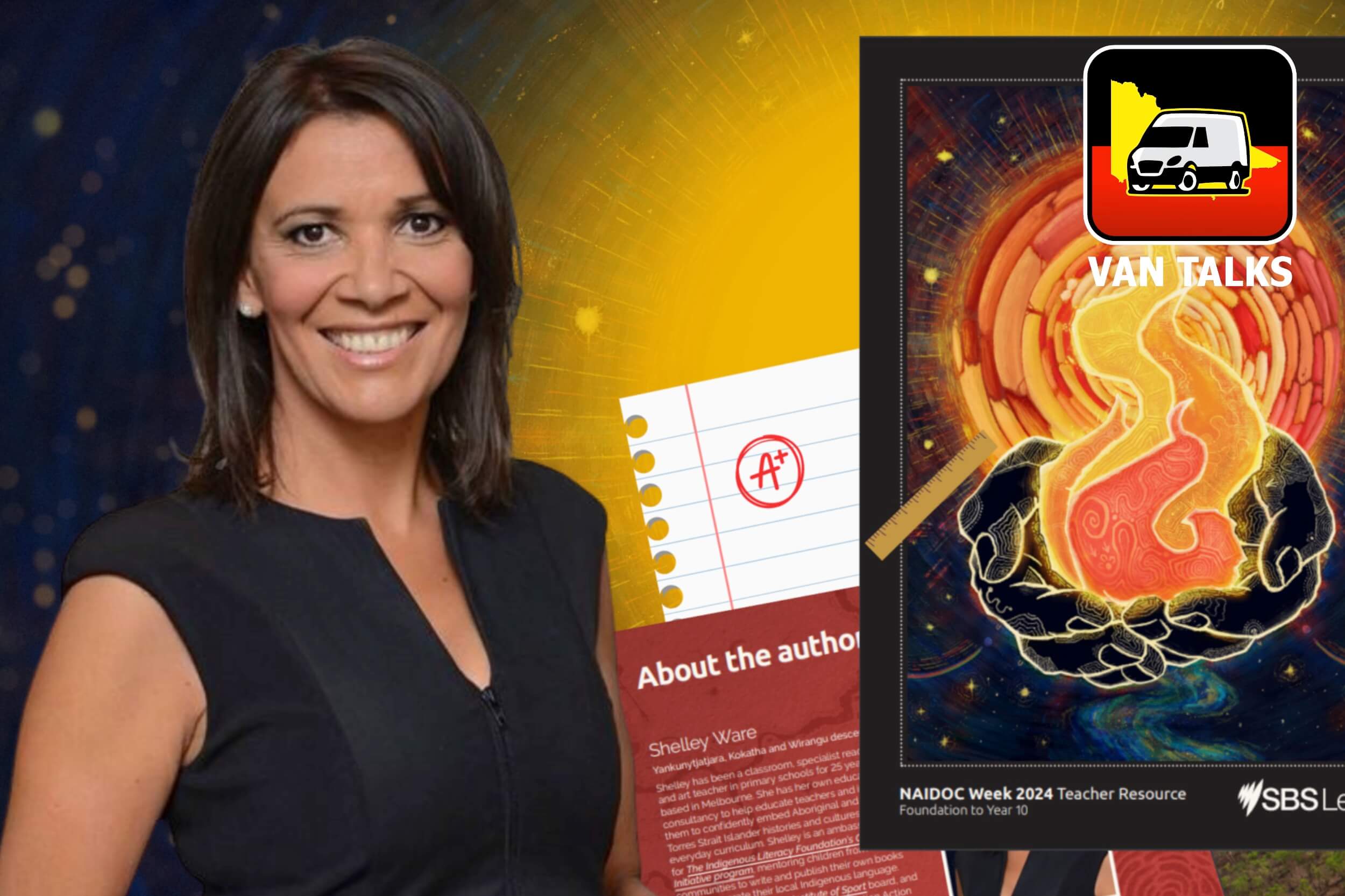
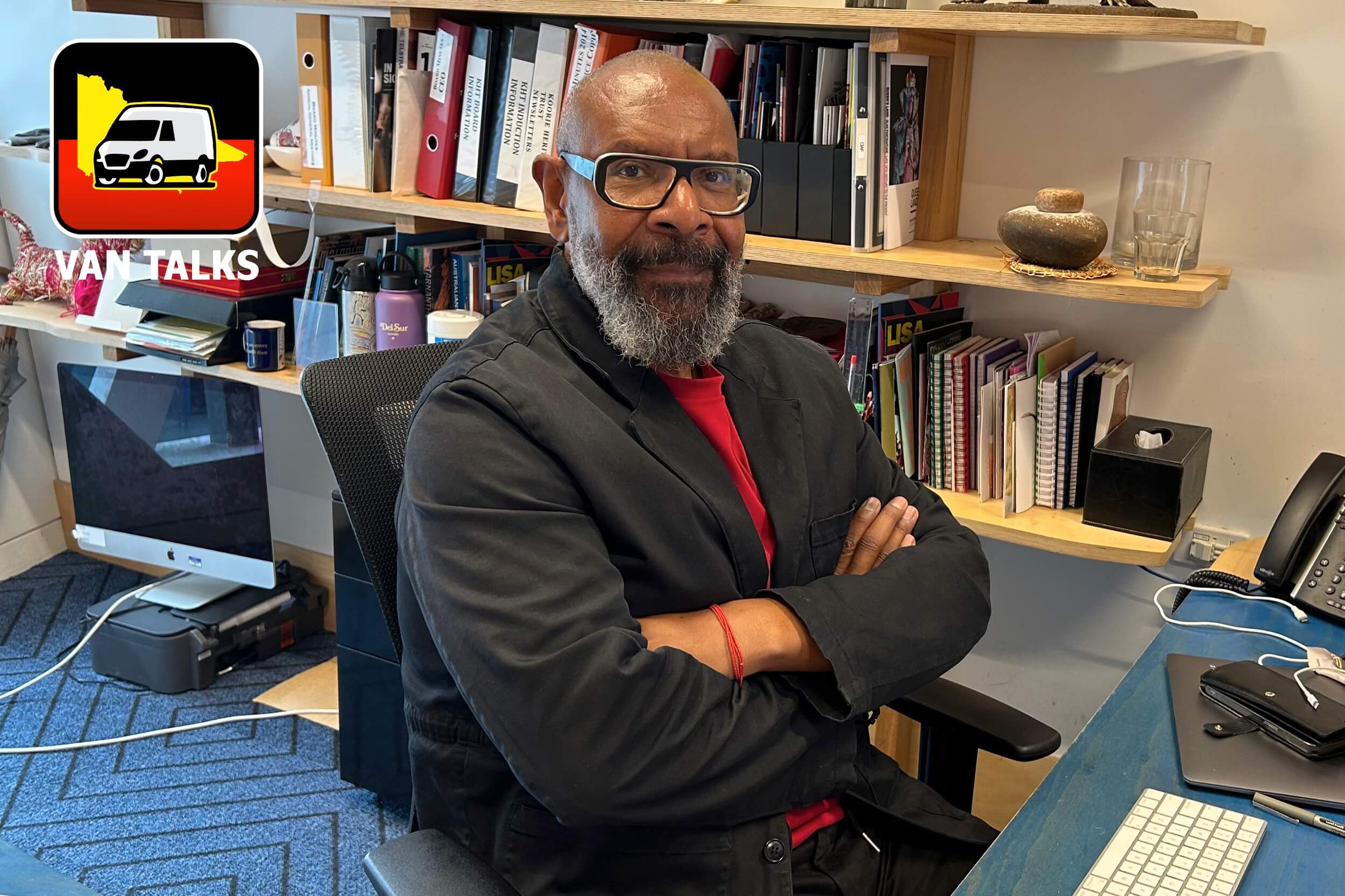
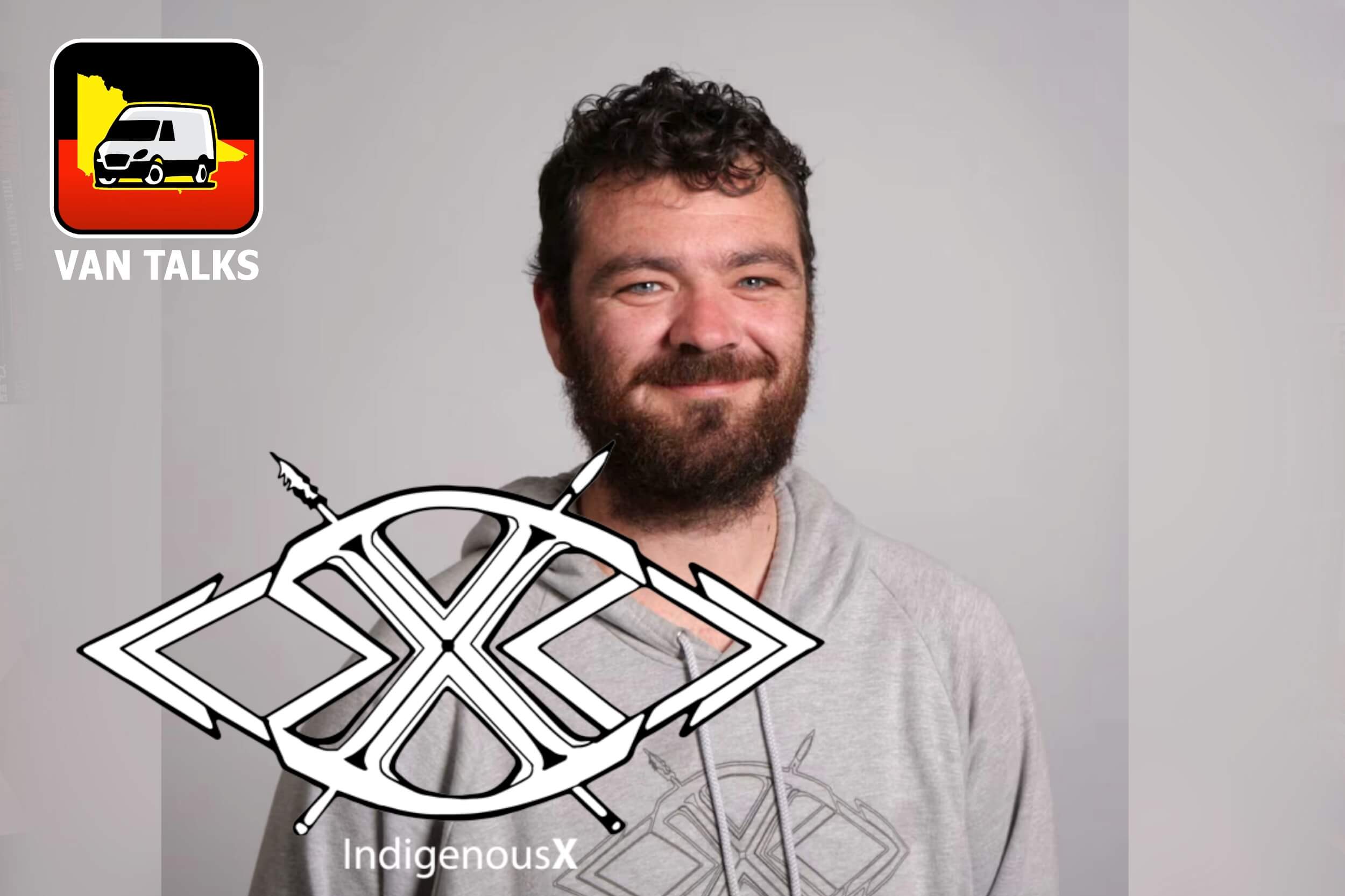
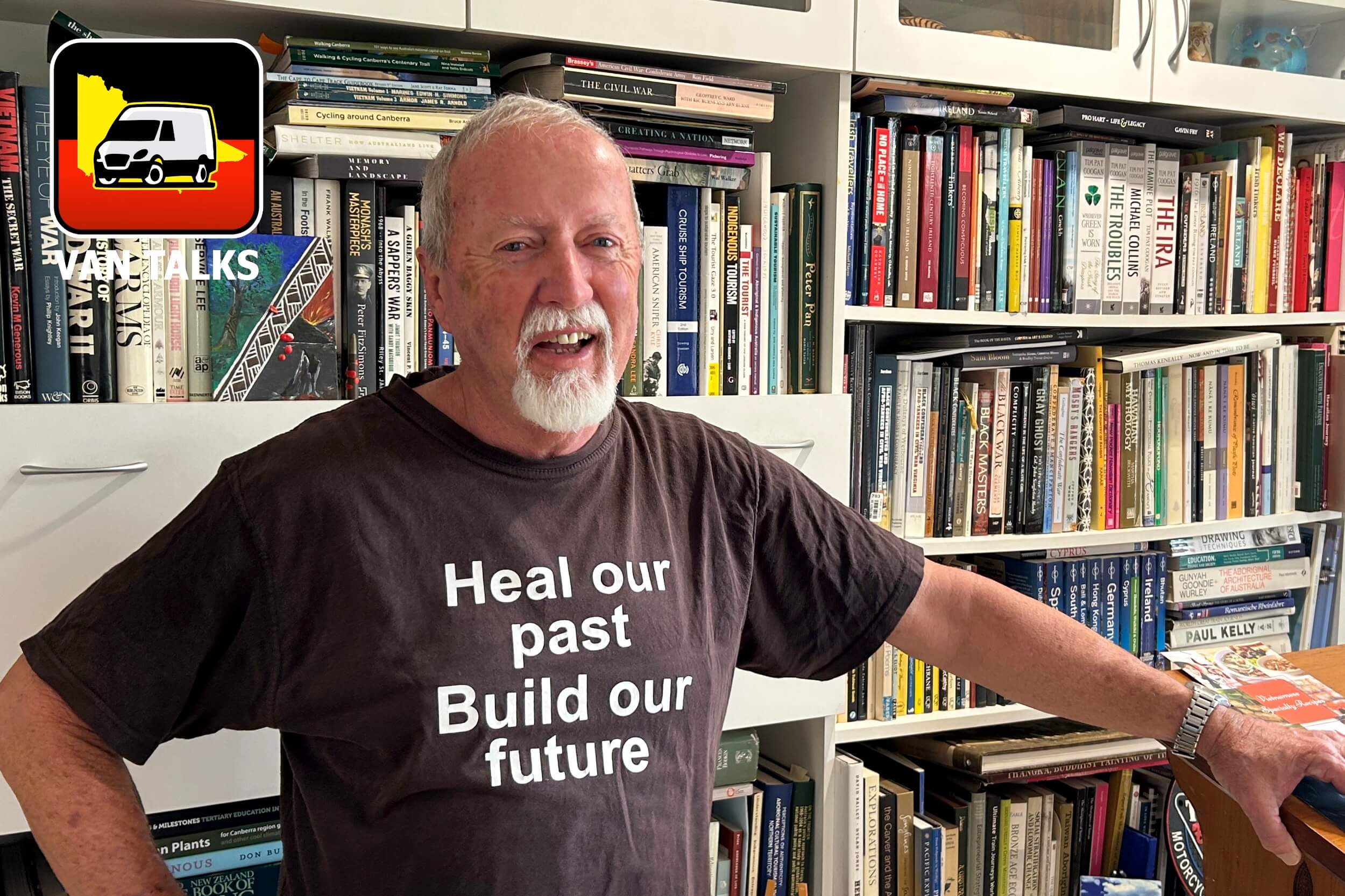
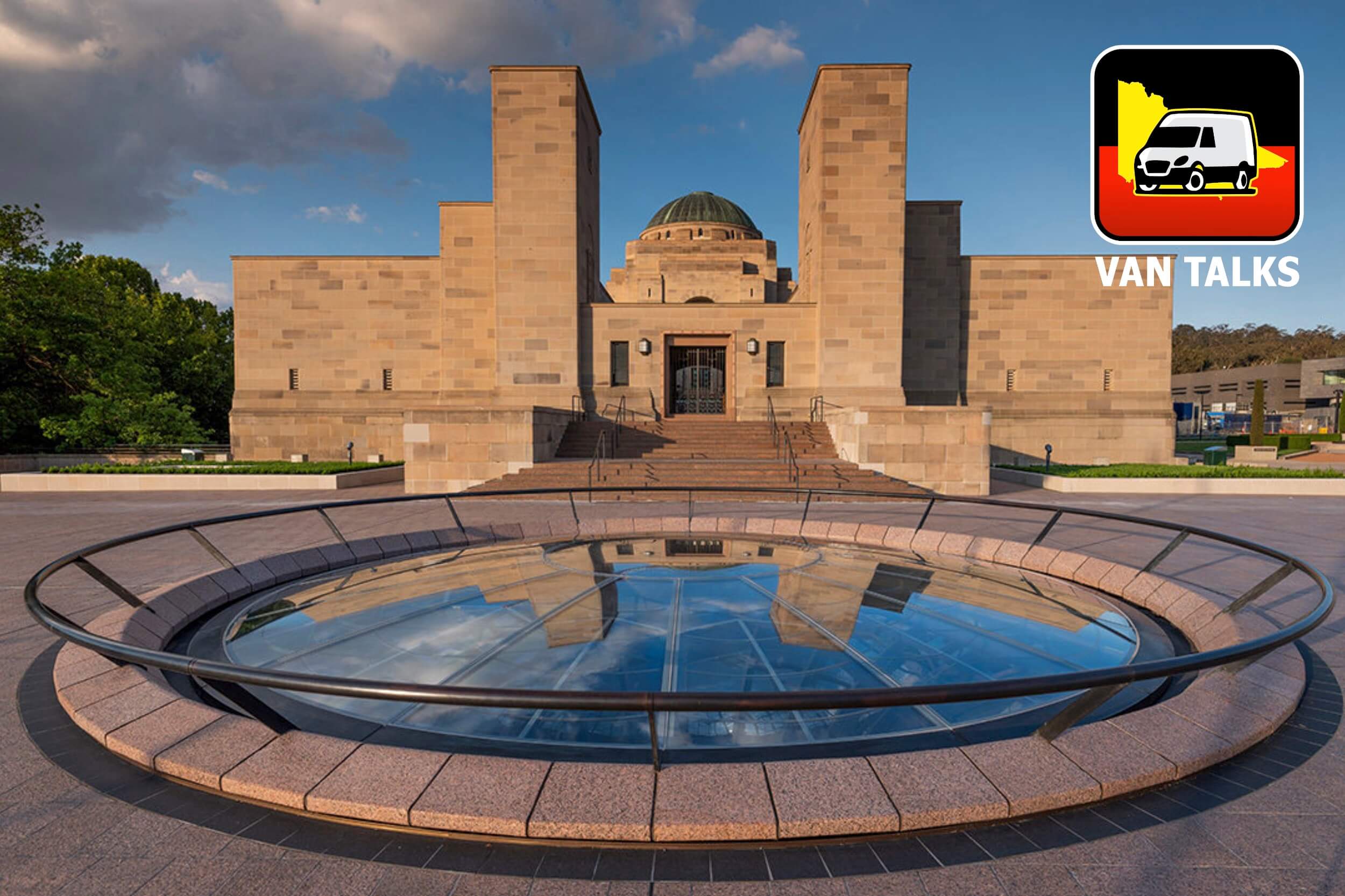

0 Comments